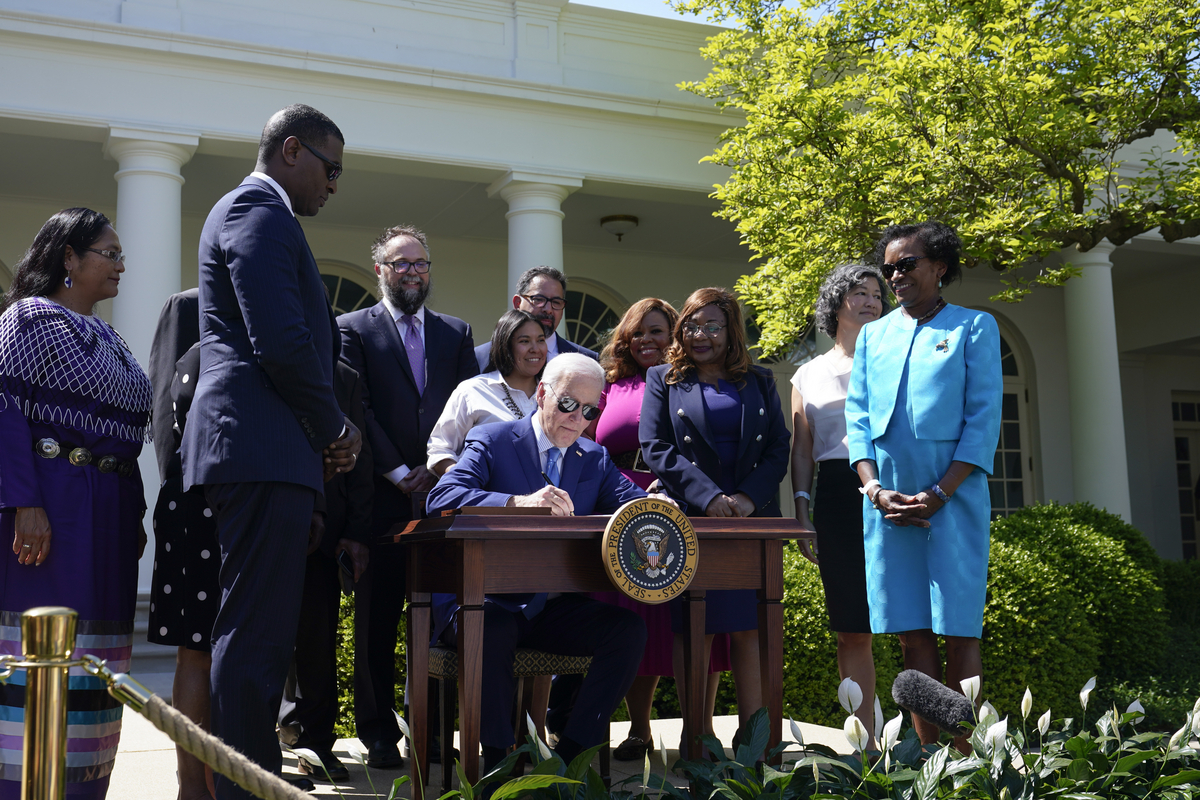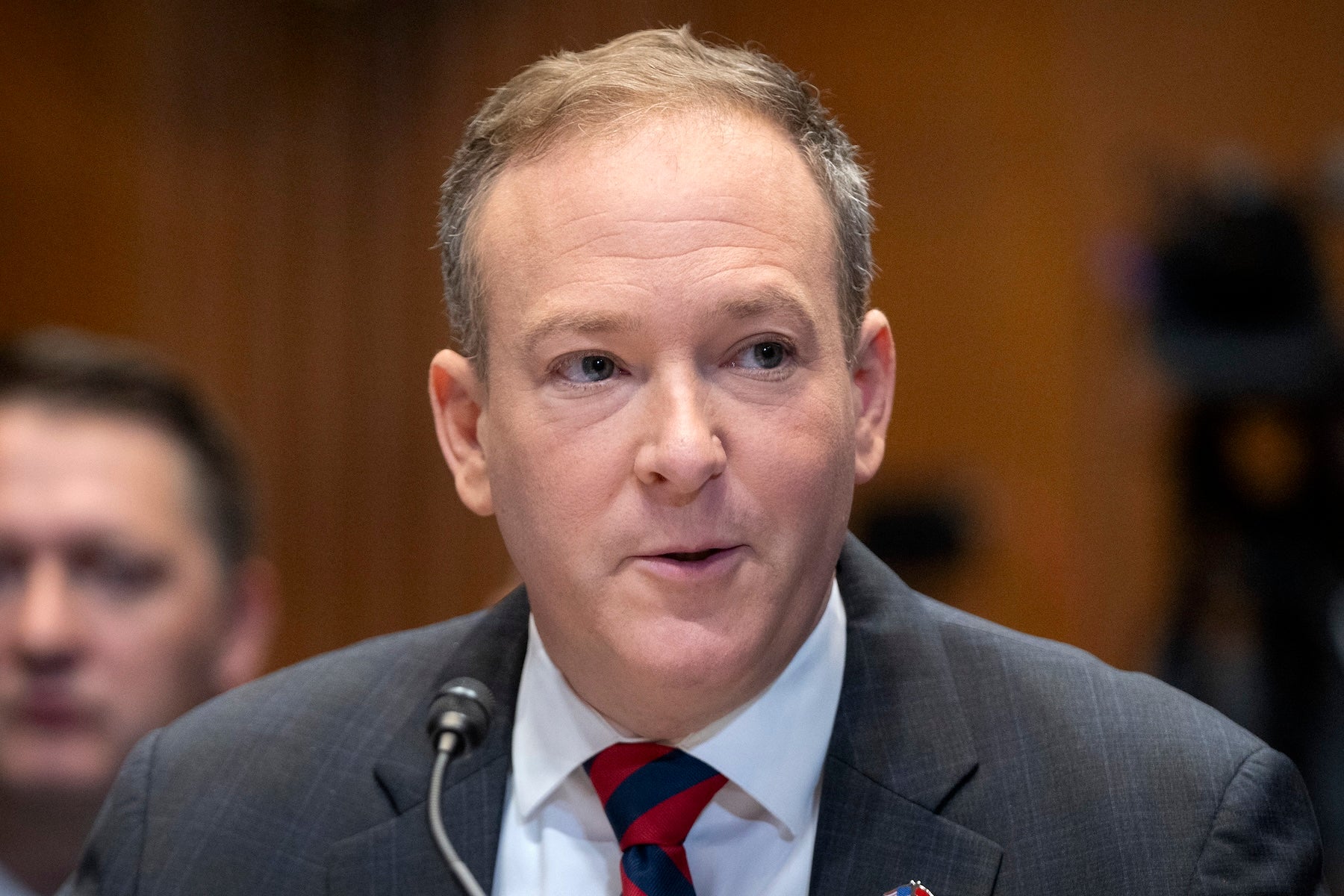Green Promise or Political Mirage? Biden's Environmental Justice Efforts Scrutinized

In a significant policy reversal, the Trump administration has dismantled a key environmental initiative launched during the Biden era, effectively halting targeted support for communities most severely impacted by environmental pollution.
The rollback represents a stark departure from the previous administration's approach to environmental justice, which sought to prioritize resources and support for neighborhoods disproportionately affected by industrial pollution and environmental hazards. By rescinding this directive, the Trump administration has effectively removed a critical mechanism designed to address long-standing environmental inequities.
This decision signals a broader shift in environmental policy, potentially undermining efforts to provide meaningful assistance to vulnerable communities that have historically borne the brunt of environmental degradation. Environmental advocates have criticized the move as a setback for environmental justice and community protection.
The policy's elimination could have far-reaching consequences for low-income and minority communities that are often situated in areas with higher pollution levels and limited resources to mitigate environmental risks.








